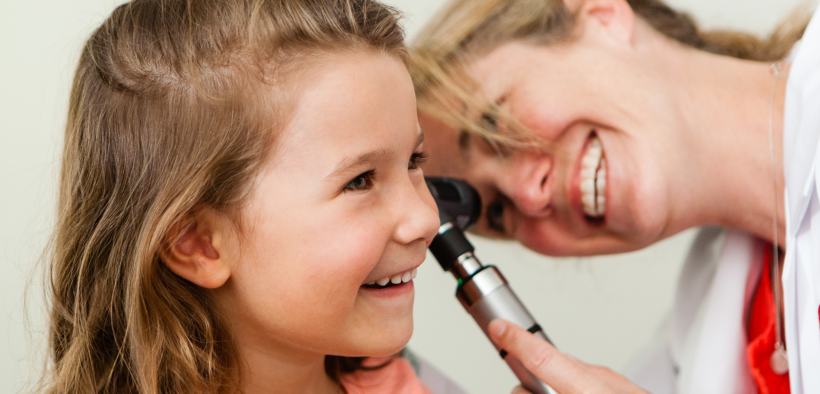Time for Georgia to Focus on the Social-Emotional Health of Its Youngest Children

By: Mindy Binderman for Saporta Report
Every child deserves the chance to build a strong foundation on which they can grow. Proper nutrition, medical care, and high-quality early education are all essential building blocks for a child’s development, and it’s no different when it comes to their social-emotional health.
Research has found that positive and responsive interactions with a caretaker during their earliest years can strengthen a child’s brain architecture, which has a long-term positive effect on their future success in school, career, and relationships.
Unfortunately, too many of our children face challenges to their social-emotional health, whether it’s through the loss of a parent, long-term trauma, or an absent caregiver. We do know, however, that with proper screening and intervention, many of the negative impacts associated with these kinds of stressors can be prevented. In recent years, states like Alabama have moved to implement statewide strategies for caring for the social-emotional needs of their young children and families, but in Georgia the issue has not been discussed nearly enough.
Enter the House Study Committee on Infant and Toddler Social and Emotional Health, chaired by Representative Katie Dempsey (R-Rome). The Committee consisted of a bipartisan group of lawmakers—Representatives Dempsey, Mary Margaret Oliver (D-Decatur), Pam Dickerson (D-Conyers), Wes Cantrell (R-Woodstock), and Robert Dickey (R-Musella)—and met five times during the fall of 2019. With guidance from GEEARS, the Committee called on pediatricians, child care providers, and infant and early childhood mental health specialists to testify.
These experts spoke passionately about the importance of behavioral health services, and what role the state could play in providing more support for the emotional well-being of Georgia’s youngest children and their families. The Study Committee delivered their findings in a report released in early January. (Read the full report here.) Not only did the report underline the importance of emotional well-being on a child’s lifelong development, it also showed how Georgia could look to neighboring states for a roadmap for improving behavioral care.
Proposals from the committee included creating a position to be housed at the Department of Early Care and Learning (DECAL) focused on infant and toddler social and emotional health, ensuring Medicaid codes and diagnoses are appropriate for children under four, and creating a plan to promote a mental health workforce that supports young children. Additionally, the committee has called on child serving state agencies to create a leadership team focused on infant and toddler social emotional health.
The Study Committee also recommended extending Medicaid for women up to twelve months postpartum, something the Maternal Mortality Study Committee, chaired by Representative Sharon Cooper (R-Marietta), also recommended in their Final Report.
Here at GEEARS, we were excited to work with the House Study Committee members as they learned from experts in the field and created such broad and thoughtful recommendations. We look forward to championing these recommendations throughout the current legislative session and working towards future implementation. Georgia’s infants, toddlers, and their families need our support.